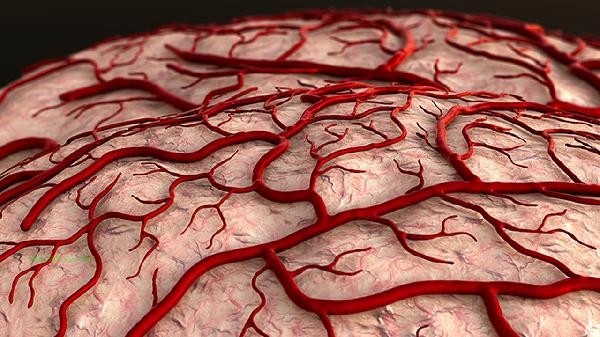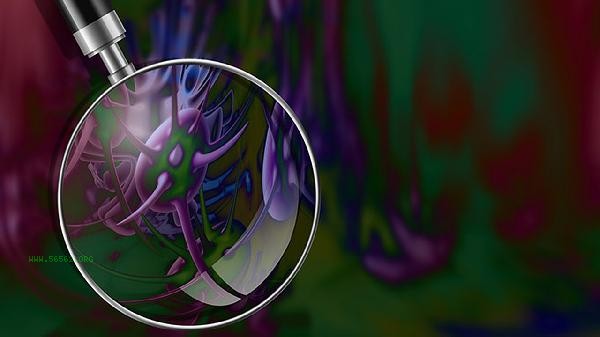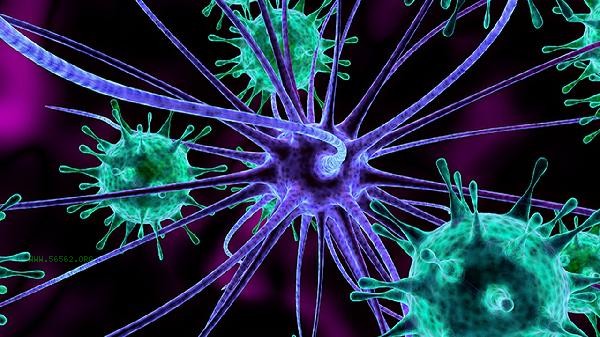neuromuscular syndrome may present with muscle weakness, muscle atrophy, movement disorders, sensory abnormalities, and autonomic dysfunction. Neuromuscular syndrome is a group of diseases that affect the neuromuscular junction, mainly including myasthenia gravis, muscular dystrophy, polymyositis, Guillain Barr é syndrome, and motor neuron disease.

1. Myasthenia
Myasthenia is the most common manifestation of neuromuscular syndrome, in which patients feel a decrease in strength in their limbs or specific muscle groups. Symptoms may progress from mild fatigue to complete loss of physical ability, with some patients experiencing mild symptoms in the morning and severe symptoms in the evening. Myasthenia may affect vital functions such as swallowing and breathing, and caution should be exercised against the occurrence of myasthenia crisis.
2. Muscle atrophy
Long term abnormal nerve innervation can lead to muscle volume reduction, manifested as limb thinning and muscle belly depression. Muscle atrophy is often accompanied by muscle fiber tremors and is commonly seen in motor neuron disease. In the early stages, it may only manifest as muscle relaxation, and in the later stages, joint contractures and postural abnormalities may occur.
3. Patients with motor disorders
may experience bradykinesia, gait abnormalities, or difficulty with fine motor skills. Some types manifest as muscle rigidity or spasms, such as muscle tone disorders. Reduced motor coordination may increase the risk of falls, and in severe cases, lead to loss of walking ability.

4. Sensory abnormalities
Some types are accompanied by sensory disorders such as limb numbness, tingling, or ant walking sensation. The abnormal feeling is often distributed in a glove and sock like pattern, which may be related to peripheral nerve involvement. A small number of patients may experience sensory separation or sensory ataxia.
5. Autonomic nervous system disorders
are characterized by abnormal sweating, orthostatic hypotension, or urinary dysfunction. Autonomic symptoms are more prominent in hereditary neuromuscular diseases, which may be accompanied by arrhythmia or digestive dysfunction. Some patients have abnormal pupil adjustment or temperature regulation disorders. Patients with neuromuscular syndrome should maintain moderate exercise to prevent disuse atrophy, but avoid excessive fatigue. Diet should ensure sufficient intake of high-quality protein and vitamins, and those who have difficulty swallowing should adjust the texture of their food. Regular rehabilitation training helps maintain joint mobility, and the use of assistive devices can improve quality of life. It is recommended to develop personalized treatment plans under the guidance of a neurologist, closely monitor respiratory and nutritional status, and promptly handle complications. Psychological support is particularly important for patients with chronic illness, and family members should learn basic nursing skills.










Comments (0)
Leave a Comment
No comments yet
Be the first to share your thoughts!